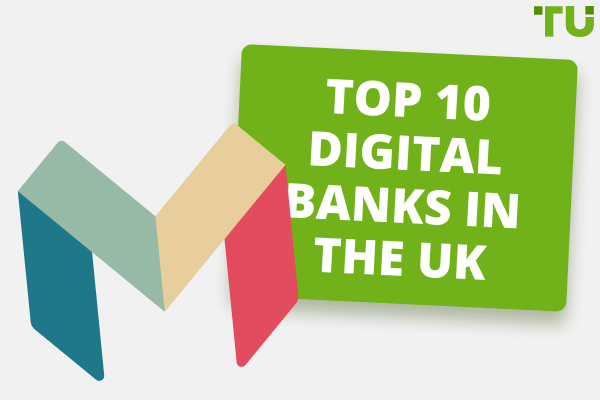Best ways to send money to Indonesia
The traditional option for making international payments is through banks. But practice shows that while this method is considered to be the most reliable, it is also the most time-consuming, even though banks work with most other payment systems. On average, payments to other countries via banks take 3-5 business days, whereas payment systems and neobanks transfer money in 1-3 days (some do it in several hours).
You can transfer money through a payment system without the participation of a bank and, thus, avoid giving your personal data to a bank and having it verified. You can do this, for instance, by buying a top-up voucher. These payment methods are discussed below.
Payment systems
A payment system is a platform that provides a technical possibility to transfer money from one place to another worldwide. Payment systems have several working formats:
A partnership between a bank and a payment system. The bank issues a card, and the payment system makes an international payment. In the bank client’s user account, the sender provides the number of the recipient’s card and the safety code.
A payment system that acts as a standalone payment service provider. The sender registers with a payment system and links a card to it. It may be a bank card or a proprietary card if the platform is a digital bank, i.e., a bank that only exists as an online platform (neobank). Funds can be added to a payment system account without the participation of a bank by buying a top-up voucher and using a cash deposit machine.
Hybrid formats of digital banks and payment systems are the most popular because they offer simple verification and low fees and don’t set limits.
Banks and neobanks
A bank is an all-inclusive financial organization that, in particular, acts as an intermediary in money transfers. Banks can offer several ways to transfer money:
Partner payment systems. Most often, it’s Visa or MasterCard.
SWIFT (Society For Worldwide Interbank Financial Telecommunications) transfers comprise an international interbank system for the communication of information and making payments.
Partner electronic platforms, e.g., Wise or Western Union.
An advantage of banks is they have developed affiliate networks that allow their clients to make payments almost anywhere in the world. Their disadvantages are strict limits on transactions and complicated verification procedures.
Peer-to-peer cryptocurrency transfers
Р2Р platforms are available, for example, on Binance and Huobi crypto exchanges. Their advantage is the absence of conversion fees, which means you don’t need to combine payment methods and e-wallets. The scheme works in the following way:
The sender and the recipient complete verification in their countries.
On a P2P platform, the sender finds a counteragent at his own discretion based on such criteria as the number of successful transfers, reviews, etc. Due to the competition, P2P platforms have the lowest market rates.
The sender sends money in his currency to the counteragent’s bank card. The counteragent sends the cryptocurrency to the sender’s account. Calculations are made in stablecoins. The platform serves as an arbiter.
The sender sends the cryptocurrency to the recipient.
In the same way, the recipient makes a transaction in his country’s currency. He sends the cryptocurrency to a counteragent in his country and receives the national currency on his card.
The advantages of this scheme are instant transfers and a wide choice of payment methods. Transaction time within one country or on crypto exchanges is a few minutes. In most countries, users can choose counteragents with several payment methods, including most bank cards. The drawback is that exchanges are not regulated.
Best Crypto-Friendly Banks You Should Know
Western Union
Western Union is an international system for money transfers. It’s not a payment system or bank but an intermediary that transfers money from one place to another. You go to a branch of WU in your region and provide the recipient’s information. The recipient receives the money at a branch of WU in his country. The same can be done online via banks that perform such payments but, in this case, there may be legal restrictions. Other drawbacks include very high fees and limits on transfer amounts.










